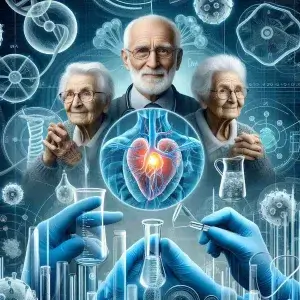Study of different routes of drugs administration in mice rats
BP408P Pharmacology I Practical / S Y B Pharmacy Notes
There are different route of drug administration by using laboratory animals
Aim:
- To learn how to handle, treat preparing animals for experiments and ethical guidelines during the treatment.
- Measure the required volume of drugs using aspectic techniques
- To learn how to give a different types of route of drug administration
How to handle:
The good handling and restrained is most important techniques for correct administration. The restrain methods are 2 types
- Physical method
- Manual method
- Double handled manual method
- Single handled manual method
Route of drug administration
- Enternal route (oral and intregastric)
- Parentral (I.V, I.M,I.P,S.C,I.D)
- Topical route (surface of the skin membrane)
Enternal route:
The placement of drugs directly into any part of GIT directly it could be oral, sublingual, intra gastric.
Oral route:
The swallowing of a drug through mouth by the desired drug along with water (ad libitum) or food. It is economic and convenient , safe and some animals can be trained to cooperated voluntarily. This route is not referable since it is in accurate.
Intra gastric route:
The administration of fluid / drugs directly into oesophagus or stomach it is often used instead of mixing the substance in water or food. This method is accurate for the dosing od animals.
The gastric lavage tube is a small curved, metallic tube with the ball on the tip, it is often used without anaesthesia.
Parental route:
Subcutaneous route: the part of the subcutaneous injection and back of neck it doesn’t
required large volume of drugs suitable for suspension.
Intra peritoneal route:
Commonly used in rat and mice, rapid absorption due to large particle surface, mouse may injected compared with rat (ranges from 2-10ml/kg )
Intravenous route:
It is the most efficient route of drug administration. It should be used with the help of restraining devices in the appropriate size for the animals to be injected. The tail vein is suitable for drug administration.
Topical route:
Most convenient route for topical drugs, drugs like local anaesthetics, ointments and cream can be easily applied on the surface of the skin membrane. Eye drops and ointments were also used in this method. Animals like rabbit, guinea pig and rat are mainly use in this method.
- Introduction to experimental pharmacology.
- Commonly used instruments in experimental pharmacology.
- Study of common laboratory animals.
- Maintenance of laboratory animals as per CPCSEA guidelines.
- Common laboratory techniques.
- Study of different routes of drugs administration in mice/rats.
- Study effect of hepatic microsomal enzyme inducers on phenobarbitone sleeping time in mice.
- Effect of drugs on ciliary motility of frog oesophagus
- Effect of drugs on rabbit eye.
- Effects of skeletal muscle relaxants using rota-rod apparatus.
- Effect of drugs on locomotor activity using actophotometer.
- Anticonvulsant effect of drugs by MES and PTZ method.
- Study of stereotype and anti-catatonic activity of drugs on rats/mice.
- Study of anxiolytic activity of drugs using rats/mice.
- Study of local anesthetics by different methods
Second Year B Pharm Notes, Syllabus, Books, PDF Subjectwise/Topicwise
Suggested readings:



